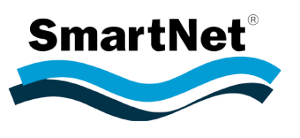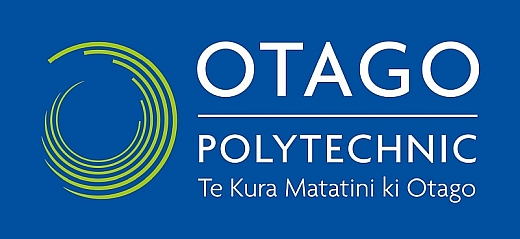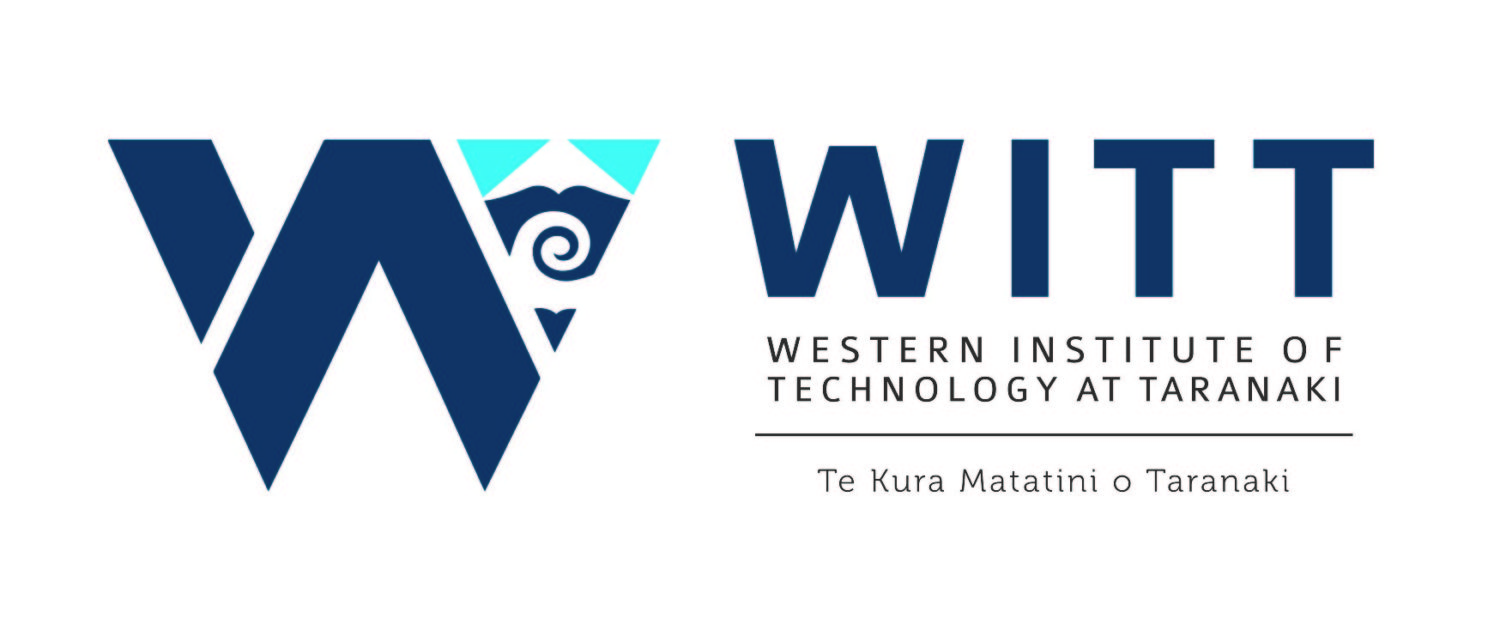SURFING THE TSUNAMI
Leading Change & Managing Transitions
The Rip Current of Change
“…change is like a rip current – if you swim against it, you’ll never reach the shore.” Laurie Leinwand
Life BC—before Covid-19—seems to belong to a distant past as we have adapted to each lockdown level. We’ve all been part of a gigantic global experiment in new ways of working together and teaching and learning.
With waves of education reforms following the pressures of implementing remote and physically distanced learning, it’s a struggle for education leaders to keep their heads above water and navigate change.
The Shadow of a Global Pandemic
“When today’s children and adolescents grow up, will they see themselves as a “lost generation”, whose lives will forever fall in the shadow of a global pandemic?” David Robson
The Coronavirus has turned our lives upside down and although New Zealand has done very well to contain it to date, there are uncertainties about a possible Second Wave and a likely recession. Nothing will be quite the same again. There has been a massive sea change.
From their academic success to their social skills, mental health and job prospects, the pandemic is a crisis for today’s young people – and the fallout may follow them for the rest of their lives.
It has also encouraged new ways of learning and teaching for students and their teachers which have encouraged adapability and flexibility on both sides of the learning equation-important assets for the fast changing world of work.
Navigating rip currents
Shadows and bright spots
Timely ELF Themes
BC there was already huge pressure on New Zealand education leaders compared to international peers. This is now an even bigger major system challenge.
Spaced, ELF20 Online was designed to pick up on timely themes so education leaders across the education spectrum can engage colleagues in adapting to a world turned upside down.
Leading Change
“Across the world, humans are living through a period of extraordinary change, with jobs lost, businesses closed, graduations cancelled… Familiar routines involving work, school, exercise and weekend recreation have been tossed out the window.” Elizabeth Heath May 27, 2020
Education leaders can’t “manage” change, it’s too complex and no one person has all the answers, but they can lead it as a collaborative process aimed at improving the education experience for all concerned. Effective education leaders motivate teaching colleagues to share knowledge and improve professional practice.
Managing Transitions
“People will support what they help to create.” Marvin Weisbord
Topical transitions include incorporating new ways of collaborating with colleagues and delivering learning, accelerated by the Covid Crisis, as well as the implementation of policy changes coming out of the Tomorrow’s Schools Review and the Review of Vocational Education.
Upside down world
People will support what they help to create
Topical Strands include:
Lockdown Leadership Learning
Global and local examples of effective and ineffective crisis leadership styles and practices during the current crisis. There is an abundance of timely Covid leadership case studies and lessons which educationists can share while they are still fresh.
Accelerated Uptake of Edtech
One effect of a crisis is an acceleration of the uptake of technology. McKinsey estimates five years of digital adoption has been compressed into eight weeks following the coronavirus outbreak internationally. ELF20 will pick up on this, with references to ELF19 Digital Divides, Dividends and Dangers.
Unemployment and (re)-training
The current re-orientation of vocational education and training at a time of sharply rising unemployment. The recessionary economy and the urgent need for re-skilling the increasing numbers of unemployed from industries most severely affected to date such as tourism, hospitality and international education and training.
Change and Adaptability
“Adaptability, in part, is “the capacity to cope with and capitalize on change, and the ability to recover when unforeseen events alter life plans.” Patrick J. Rottinghaus
Some of us have a tendency to shut down in the face of new challenges and bury our head in the sand. Demonstrating adaptability is being creative and flexible in the face of new situations rather than being overwhelmed by them. The emerging recession has made the ability to adapt even more important, particularly in respect to work aspirations and job and further education and training options.
Engaging colleagues in adapting to a changed world.
New Skills
“…adapability and flexibility on both sides of the learning equation”
Education Reforms in Pipeline
“… a blueprint for that change which aims to give New Zealanders the best education system in the world … The starting point for this is an enduring 30-year approach to education in New Zealand,” Hon. Chris Hipkins, Minister of Education 17/9/19
The blueprint for change includes five strategic objectives – putting learners and their families at the centre of education, better access to education, quality teaching and leadership, future-focused learning priorities and forming a trusted and sustainable public education system.
The document also sets out the draft priorities for the National Education and Learning Priorities (NELP) which covers early learning and schooling, and the draft priorities for the Tertiary Education Strategy (TES).
Current Leadership Challenges
“….people with great projects afoot…look further and more clearly into the future than people who are mired in day to day concerns. These former control the future because by necessity they must project themselves into it…” Robert Grudin
While there are several Covid-19 generic issues across all education sectors, which may differ in terms of scale at each level but have a common thread, there are also several topical challenges in the wake of prior announced education reforms and the latest PISA Report.
The decisions education leaders spend the most time on are rarely the most important ones. Not all decisions need the same process. In each learning community identifying at the outset which are most important stops leadership teams being bogged down and stressed out. Tools such as The Decision Matrix help prioritise what really matters by distinguishing between the important and the urgent.
Early Childhood
- The quality and funding of early childhood education-see https://educationcentral.co.nz/quality-of-early-childhood-education-services-under-scrutiny/
- Workforce gender balance
Compulsory Schooling
- Tomorrow’s SchoolsReview-new governance arrangements and implications. Opportunities for principals to be more involved in leading professional development.
- Digital Issues such as device overuse and curriculum developments eg Digital Technologies and Hangarau Matihiko learning, following up ELF19 Digital Divides, Dividends & Dangers .
- Mental Health and Well-Being for Staff and Students.
- Curriculum resources in development that focus on national history and identity.
- Other Curriculum resources to help years 7-10 students understand the effects of climate change on a local, national and global scale.
- Latest Pisa Datapoints to key issues in New Zealand’s education system including an alarming rise in bullying, gaps between high and low achievers, drastically deteriorating attitudes toward reading, a rise in truancy, poor learning environments and a negative attitude toward school.
Tertiary
- Managing the Tertiary Education Strategy (TES) transition in the wake of the Review of Vocational Education and reframing vocational education and training for and in the workplace.
- Meeting the needs of both established and new industries
The Challenge
“…leaders need to be proactive leaders of teacher learning as the latter affects student learning.” Prof. Michael Fullan Updated foreword Best Evidence Synthesis School Leadership and Student Outcomes
The challenge for education leaders is to align the intersections between education policy, practice and evidence to develop great teaching that makes a difference for student achievement. The secret is the sequence: engaging, visioning, strategising, planning, implementing, providing feedback and course correction in respect to key current education issues and challenges.
Reforms in pipeline
The Context of Reform
In the wake of the two 2018 Education Summits, and on-going working parties in many areas of education, many changes ar in the pipeline. These include major changes to Tertiary Vocational Education and Training, the overhaul of Tomorrow’s Schools, digital developments including revised and strengthened Digital Technologies and Hangarau Matihiko learning Technologies in the National Curriculum as well as modified assessment regimes, Māori and Pacific Education projects and a Disability and Learning Support Action Plan.
PISA 2018 Results
Some results were particular cause for concern. Data pointed to key issues in New Zealand’s education system including an alarming rise in bullying, gaps between high and low achievers, drastically deteriorating attitudes toward reading, a rise in truancy, poor learning environments and a negative attitude toward education.
New Zealand was one of seven countries that saw a decline in the mean performance across reading, maths and science. Attitudes to reading behaviours have deteriorated drastically. Students are more likely to say reading is “a waste of time” than they have in past PISA reports; 15-year-olds are less likely to read for enjoyment; and 52 per cent of pupils say they “only read if they have to”. View ELF20 Programme Outline View Target Audience
Learning Structure and Culture
“Maybe it’s time to stop pitting teacher-directed instruction and student-oriented learning against each other, claiming the one is old-fashioned and stifling, and the other is forward-looking and enabling. Both approaches clearly have their place.” Andreas Schleicher, Education and Skills director for the Organisation for Economic Co-operation and Development
Schleicher said structure was closely associated with both student academic achievement and their sense of well-being. Structure provided predictability and ownership.
Culture is what binds people together through the implicit or tacit “way we do things around here”. But it is also important to be open to new ways by listening to the input of the most junior staff member and to learners and not just seniors who may be over set in their ways. The key is for people to support each other and hold each other to account in terms of pursuing a vision.
Those working within learning organisations need to work collaboratively and continuously upskill so they can manage teams, resolve conflict and keep up with emerging evidence and new technologies. Educators model rather than teach these soft skills.
Patterns and predictability
“Culture is what binds people together”
Soft Skills/ Hard Facts
“Overall, social skills—such as persuasion, emotional intelligence and teaching others—will be in higher demand across industries than narrow technical skills, such as programming or equipment operation and control. In essence, technical skills will need to be supplemented with strong social and collaboration skills.” 2015 World Economic Forum report The Future of Jobs
The word “hard” can be the opposite of “soft” or the opposite of “easy.” This is why in some people’s minds “soft skills” are seen as “easy skills.” However, it takes a lot of hard practice to master soft skills such as working collaboratively, facilitating team-based learning, engendering discussion, problem solving and managing conflict.
Education leaders may struggle with critical people issues and changes that confront them in today’s workplace. These include challenging issues like: Unconscious Bias; Sexual Harassment and Diversity and Inclusion.
Critical Thinking
“One of the problems with the education sphere is that it swings from packing students with knowledge and not much in the way of skills to the other way round—all about skills, and knowledge can come from the Internet….I’d put critical thinking up there as one of the most important skills we should be teaching, but you can’t think critically without something to think about.” Sir John Daniel, DeTao Masters Academy, Beijing
Critical thinking is a key attribute underpinning everything. Thinking about thinking and understanding different modes of thinking is not, as it should be, literally top of the mind in learning at all levels. Critical thinking requires time and application that some would say it is not compatible with our 24/7 “always on” fragmented digital world. Many employers place problem solving at the top of their attributes desired list. How many educators do? View ELF20 Theme View ELF Feedback
What works and why?
The central education leadership message, coming out of School Leadership and Student Outcomes: Best Evidence Synthesis is the importance of the role of education leaders in the professional development of their colleagues.
But how many New Zealand education leaders and aspiring leaders are really practising the principles outlined in the collated BES research or using Best Evidence in Action exemplars?
Information about the critical success factors and the change data can be found in videos feature school leaders who have led transformative and ongoing professional improvement initiatives, such as School leadership for improvement in primary mathematics education: Russell School best evidence in action implementation exemplar and Using evidence for a step up – Learning from Te Kotahitanga: impact, sustainability and ongoing improvement.
“…the importance of the role of education leaders in the professional development of their colleagues.”










